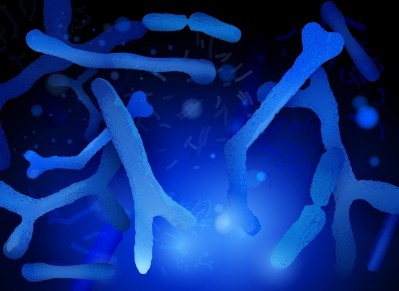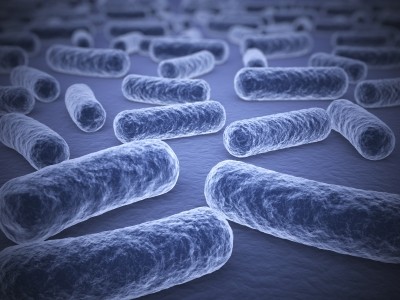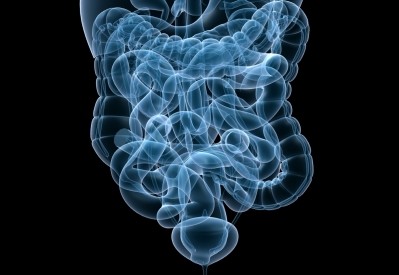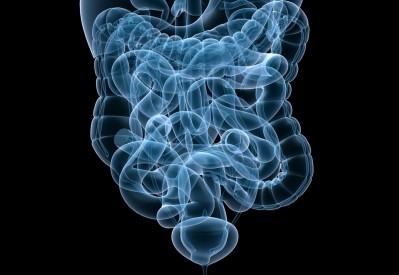Bifidobacterium may prevent weight gain and glucose intolerance in obese mice
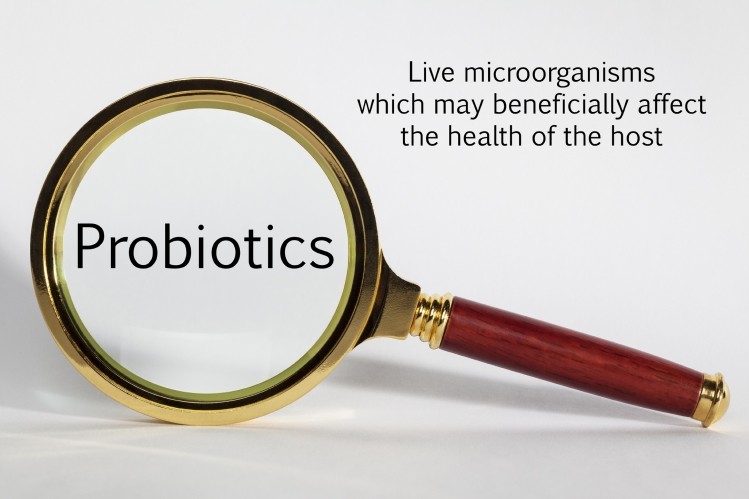
Lab mice fed a high fat diet to induce obesity and diabetes were found to have lower levels of fat mass when the diets were supplemented with B. lactis 420, leading to lower weight gain and improved glucose tolerance.
Researchers from DuPont Nutrition and Health, working with scientists from the Institut des Maladies Métaboliques et Cardiovasculaires de Rangueil in Toulouse, France, reported that the effects appeared to be linked to an improvement in gut barrier function.
“The present study reinforces the concept that certain probiotics may be used in the prevention and/or treatment of obesity and adiposity. While some previous reports have shown various lactobacilli, bifidobacteria and their combination to reduce body weight or fat mass in rodents and humans, the present study is the first to show an effect for a B. lactis strain and to present a new potential mechanism for fat mass reduction,” wrote the researchers in Beneficial Microbes.
Gut health and obesity
The study adds to emerging body of science supporting the effects of gut microflora on metabolic factors and obesity.
In 2006, Jeffrey Gordon and his group at Washington University in St. Louis reported in Nature (Vol. 444, pp. 1022-1023, 1027-1031) that microbial populations in the gut are different between obese and lean people, and that when the obese people lost weight their microflora reverted back to that observed in a lean person, suggesting that obesity may have a microbial component.
Dr Gordon and his group recently pushed back the scientific boundaries even further in this area. In an ‘elegant’ study, the St Louis-based scientists reported that probiotics in a yogurt did not colonize the gut microflora when studied in identical twins, but additional study in mice revealed that ingestion of probiotic bacteria produced a change in many metabolic pathways, particularly those related to carbohydrate metabolism (Science Translational Medicine, Vol. 3, 106ra106).
Study details
Led by Dr Lotta Stenman from DuPont Nutrition and Health, the researchers performed two experiments: The first (the obesity model) involved feeding mice a high fat diet with daily administration of B. lactis 420 (1 billion colony forming units) for 12 weeks; the second (the diabetes model) involved feeding mice a high-fat ketogenic diet for four weeks to induce diabetes, and the a further six weeks of the diet with one of three doses of the potential probiotic (0.1 billion, 1 billion, or 10 billion CFUs).
Results showed that body fat mass increased in both models, compared to healthy control animals, but these increases were reduced when B. lactis 420 was co-consumed.
In addition, plasma levels of lipopolysaccharide (LPS) were decreased in the B. lactis 420 groups. LPS has been reported to enter the general circulation when there is impaired gut barrier integrity and increased intestinal permeability. “Circulating LPS has been causally linked to the development of mouse obesity,” noted Dr Stenman and her co-authors.
“Our results imply a benefit for the potential probiotic B420 in reducing obesity as well as glucose intolerance in diet-induced obese mice,” they wrote. “Improved gut barrier function may contribute to the mechanisms of action. Such metabolic effects and parameters will still need to be evaluated in a clinical setting.”
Source: Beneficial Microbes
Volume 5, Number 4, Pages 437-445, doi: 10.3920/BM2014.0014
“Potential probiotic Bifidobacterium animalis ssp. lactis 420 prevents weight gain and glucose intolerance in diet-induced obese mice”
Authors: L.K. Stenman, A. Waget A, Garret C, Klopp P, Burcelin R, Lahtinen S.
.
